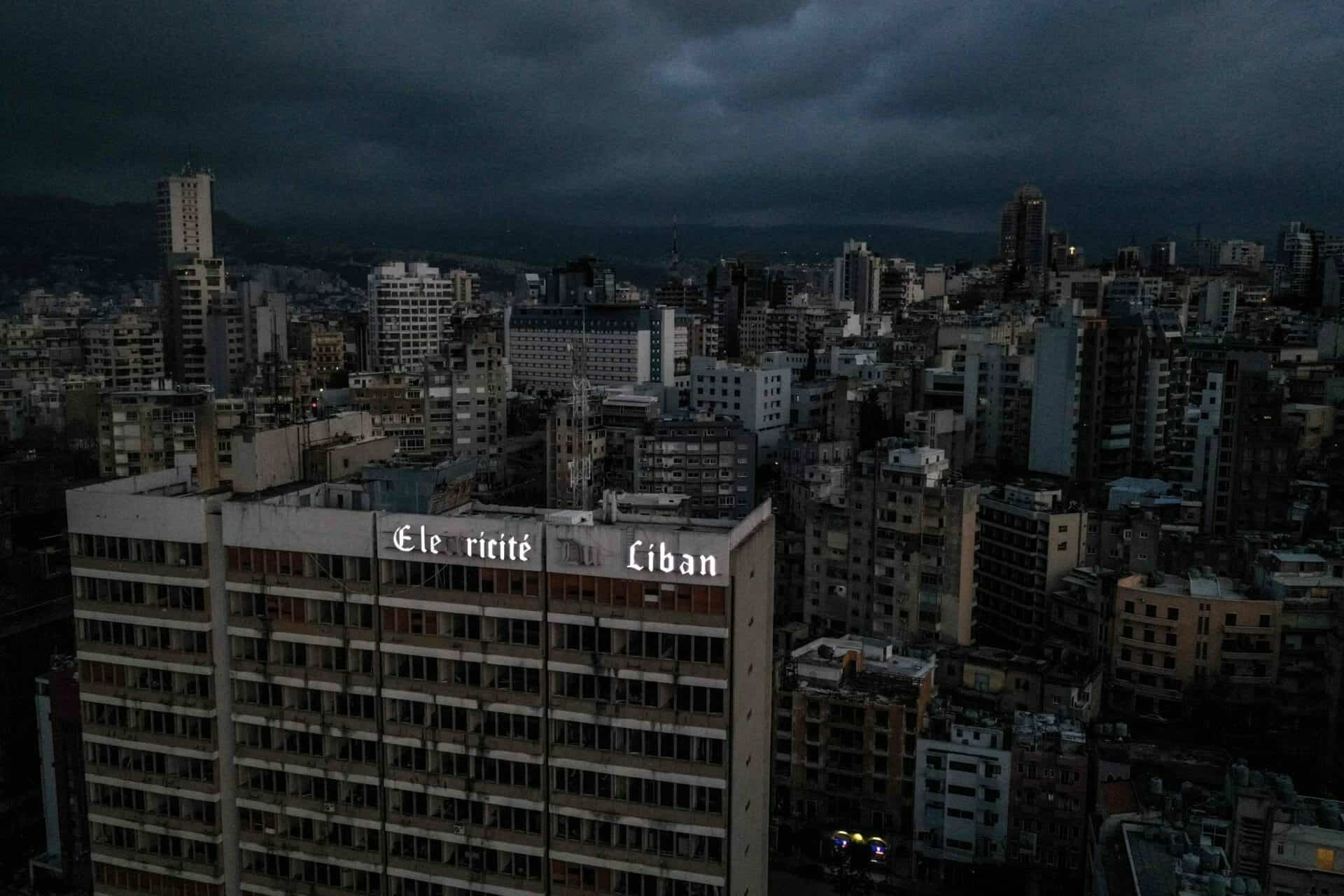Lebanon could plunge into a total blackout by the end of September, local reports have quoted its state electricity company as saying.
This comes as its fuel oil reserves dwindle, amid an economic crisis that the World Bank has said is one of the worst in the world.
Electricite du Liban, or EDL, is now capable of generating less than 500 megawatts from the fuel it secured through a deal with Iraq, the company has said in a statement.
Iraq signed an agreement in July to allow the cash-strapped Lebanese government to pay for 1 million tons of heavy fuel oil a year in goods and services.
That oil is not suitable for use in Lebanon, but it is being exchanged in tenders for a suitable grade of petroleum.
EDL said its reserves of both Grade A and Grade B fuel oil had reached a critical point and had run out already for some plants that have now stopped production.
“The network already experienced total blackouts across the country seven times and if this continues there is a high risk of reaching total and complete blackout by end-September,” the statement said.
Lebanon has seen worsening shortages of fuel over the past few months, amid rising prices as subsidies are phased out.
Power cuts across the country can currently last up to 23 hours a day, with most Lebanese relying on costly private generators.








